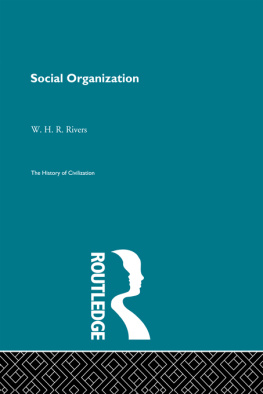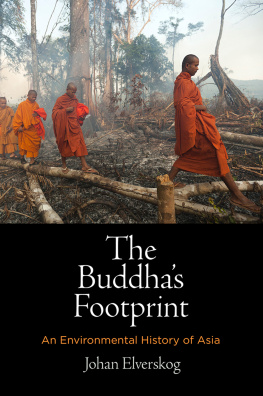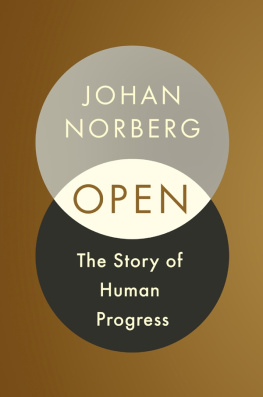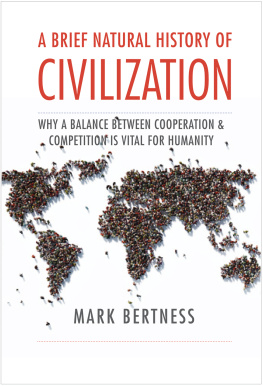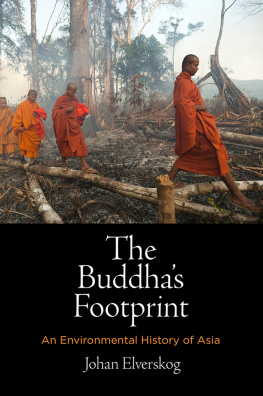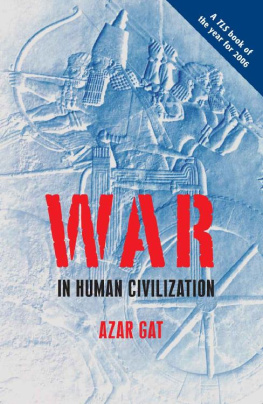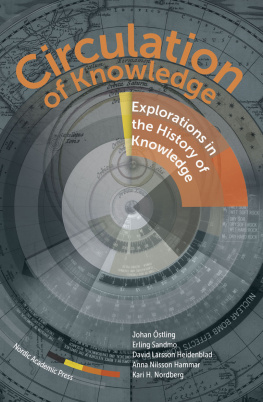Johan Goudsblom - The Course of Human History: Civilization and Social Process
Here you can read online Johan Goudsblom - The Course of Human History: Civilization and Social Process full text of the book (entire story) in english for free. Download pdf and epub, get meaning, cover and reviews about this ebook. year: 1996, publisher: M.E. Sharpe, genre: Romance novel. Description of the work, (preface) as well as reviews are available. Best literature library LitArk.com created for fans of good reading and offers a wide selection of genres:
Romance novel
Science fiction
Adventure
Detective
Science
History
Home and family
Prose
Art
Politics
Computer
Non-fiction
Religion
Business
Children
Humor
Choose a favorite category and find really read worthwhile books. Enjoy immersion in the world of imagination, feel the emotions of the characters or learn something new for yourself, make an fascinating discovery.

- Book:The Course of Human History: Civilization and Social Process
- Author:
- Publisher:M.E. Sharpe
- Genre:
- Year:1996
- Rating:4 / 5
- Favourites:Add to favourites
- Your mark:
- 80
- 1
- 2
- 3
- 4
- 5
The Course of Human History: Civilization and Social Process: summary, description and annotation
We offer to read an annotation, description, summary or preface (depends on what the author of the book "The Course of Human History: Civilization and Social Process" wrote himself). If you haven't found the necessary information about the book — write in the comments, we will try to find it.
The Course of Human History: Civilization and Social Process — read online for free the complete book (whole text) full work
Below is the text of the book, divided by pages. System saving the place of the last page read, allows you to conveniently read the book "The Course of Human History: Civilization and Social Process" online for free, without having to search again every time where you left off. Put a bookmark, and you can go to the page where you finished reading at any time.
Font size:
Interval:
Bookmark:

Abu Hamid Muhammad al-Ghazzali
translated by Claud Field, revised and annotated by Elton L. Daniel
A New World History
L. S. Stavrianos
The Moundbuilding Centers of the Eastern Woodlands
Lynda Norene Shaffer
Studies in Ecological History
Alfred W. Crosby
The First and Last Europe
Traian Stoianovich
SOUTH ASIAN HISTORY
Karl J. Schmidt
Mathias E. Mnyampala
Translated, introduced, and edited by Gregory H. Maddox
Volume 1Readings from Prehistory to 1500
Volume 2Readings from 1500 to the Present
Sarah Shaver Hughes and Brady Hughes
Lynda Norene Shaffer
Economic Growth, Social Process, and Civilization
Johan Goudsblom, Eric Jones, and Stephen Mennell
and Stephen Mennell

2 Park Square, Milton Park, Abingdon, Oxon OX14 4RN
711 Third Avenue, New York, NY 10017, USA
Johan Goudsblom, Eric Jones, and Stephen Mennell.
p. cm.
(Sources and studies in world history)
Includes bibliographical references and index.
ISBN 1-56324-793-3 (hardcover : alk. paper).
ISBN 1-56324-794-1 (paperback : alk. paper)
1. Culture.
2. Civilization.
3. Progress.
4. Social evolution.
5. Social change.
6. Economic development.
I. Jones, E. L. (Eric Lionel)
II. Mennell, Stephen.
III. Title.
IV. Series.
HM101.G675 1996
306dc20 964547
CIP
Courtesy of Kevin Reilly, Series Editor.
ISBN 13: 9781563247934 (hbk)
 Contents
Contents 

Font size:
Interval:
Bookmark:
Similar books «The Course of Human History: Civilization and Social Process»
Look at similar books to The Course of Human History: Civilization and Social Process. We have selected literature similar in name and meaning in the hope of providing readers with more options to find new, interesting, not yet read works.
Discussion, reviews of the book The Course of Human History: Civilization and Social Process and just readers' own opinions. Leave your comments, write what you think about the work, its meaning or the main characters. Specify what exactly you liked and what you didn't like, and why you think so.

